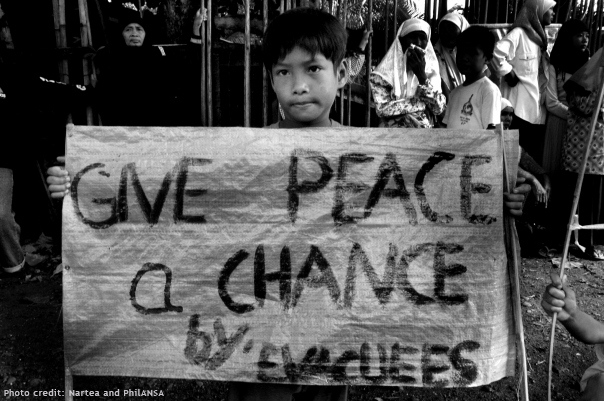Regaining public trust
The major slump in trust and sincerity ratings experienced by the Senate during the corruption scandals last year makes Senate President Franklin Drilon’s current standing as one of the most trusted government officials a legitimate cause for celebration.
The latest Pulse Asia surveys put Senate President Franklin Drilon in the top three most trusted government officials in the Philippines.
In a recent interview, he attributed this turnaround to the hard work of the Philippine Senate – senators and their staff who have been working assiduously since the PDAF scandal last year.
Once, during the height of the scandal, young leaders visiting the Senate asked me, “How can the Senate regain the trust and faith of the nation?”
My answer was, “The only way to regain the trust of our fellow Filipinos was to work hard and provide policies that will benefit the majority of Filipinos.”
On our second year in the Philippine Senate, we were able to successfully push for three major bills that have now been ratified and are awaiting the President’s signature.
One measure is the Youth Entrepreneurship Act, which incorporates financial literacy training and entrepreneurial courses in the curriculum of elementary, secondary, and tertiary schools across the country and gives promising young Filipinos access to grants and financing, mentoring, and training on enterprise development.
Furthermore, a youth entrepreneurship fund shall be made to cater to youth entrepreneurs in the country.
Training in financial literacy and entrepreneurship can equip students with the mindset and the skills to start businesses, which would have them create more jobs instead of compete for them.
This is a means to reduce the alarming number of unemployed youth, reported to be at 1.32 million as of January this year.
A second major policy awaiting the President’s signature is the Foreign Ships Co-Loading Act.
Finally, foreign vessels will no longer be limited to one port in the country and shall be allowed to pick up cargoes to be exported or drop off foreign cargoes for import in various ports around the Philippine islands.
This rudimentary amendment hopefully drives down shipping and logistics costs ultimately shouldered by consumers like you and me.
That drop in shipping expense can be used by our Filipino entrepreneurs to improve the quality of their products, expand their services, innovate, and bring prices down.
At the end of the day, it is the Filipino consumer who reaps the benefits of the Foreign Ships Co-Loading Act.
The third and biggest win for our team is the Philippine Competition Act, a measure that also benefits both consumers and business owners alike.
Three decades in the making, the Philippine Competition Act has finally been ratified and, hopefully, will be signed into law in the next few months.
The last country from the ASEAN-5 to establish a competition law, our country will finally have a judicious policy that penalizes cartels, abuse of dominant positions and anti-competitive agreements.
Once enacted into law, this measure will create a level playing field for all businesses, start-ups, micro, small, medium, and even large businesses.
With more products and services to choose from, companies will be forced to improve product quality and, at the same time, drive prices lower.
These three policies will improve financial literacy among Filipinos, cultivate a culture of entrepreneurship, and ensure a stable, fair, and healthy business environment for all businesses.
We worked tirelessly to move these measures forward in the hopes of ushering in an era of inclusive economic growth, an era where no Filipino is left behind.
Hopefully, these three new policies will continue the momentum of regaining trust in our institution; trust we should continue to build in the next administration and beyond.
First Published on Manila Bulletin

Recent Comments